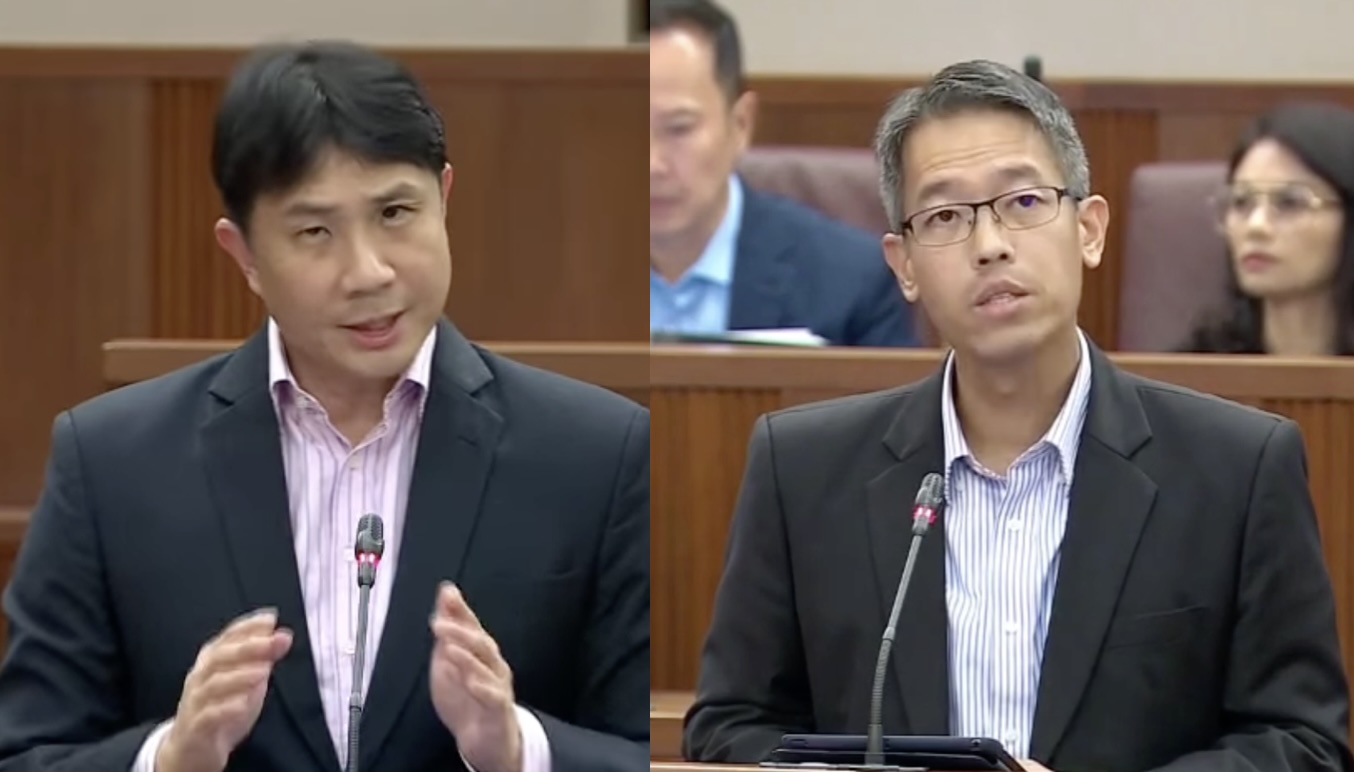SINGAPORE: On Tuesday (Jan 7), a new law was passed in Parliament that gives the police the power to order banks to restrict the transactions of individuals they believe are being victimized by scammers.
Regarding the Protection from Scams Bill, Minister of State for Home Affairs and for Social and Family Development Sun Xueling said that scans are still a grave concern in Singapore.
She added that the Bill would let police officers “act decisively and close a gap in our arsenal against scammers.”
A report in October 2023 said that S$1.4 trillion is lost annually around the globe through scams, with one out of every four persons getting victimized. This is equivalent to 1.05 per cent of the global GDP. Victims in Singapore have lost the most money on average, around S$5,533.10 per victim.
Read also: Singaporeans Hit Hardest by Global Scams, Losing Over US$4,000 Per Victim
Several Members of Parliament had brought up concerns about the Bill, including Workers’ Party MPs Gerald Giam (Aljunied GRC) and Jamus Lim (Sinking GRC).
“Scams are wreaking havoc on the lives and life savings of many Singaporeans,” said Mr Giam, noting that 26,587 scam cases were reported just in the first half of 2024, for more than $385.6 million in losses.
Even residents of Aljunied have been victimized by scams, a number of whom appealed to him for help in recovering their hard-earned money.
“Sadly, in most cases, I’ve seen, recovery has been minimal, as the funds have been transferred out of Singapore, and the burden of preventing scams still rests heavily on the shoulders of end users,” he said.
Mr Giam outlined several safeguards that can be implemented against scams, which include real-time fraud detection, a centralized scam database, and accountability from financial institutions, telcos, and digital platforms.
The MP also underlined that banks, digital wallet providers, and law enforcement must work together even more closely to prevent Singaporeans from being scammed.
Like Mr Giam, Assoc Prof Lim urged for better protection for consumers against scammers but asked if there can be some flexibility in implementing the Protection from Scams Bill, as some in Singapore may be uncomfortable with giving law enforcers a significant amount of power in intervening in banking transactions.
He asked if individuals may be given the option to opt out of restriction orders in advance, which would preserve “individual sovereignty over the manner by which they handle their own monies.”
Instead, they could appoint a trusted administrator, perhaps a family member or a friend, who would be given the authority to freeze bank transactions for up to 30 days. /TISG

